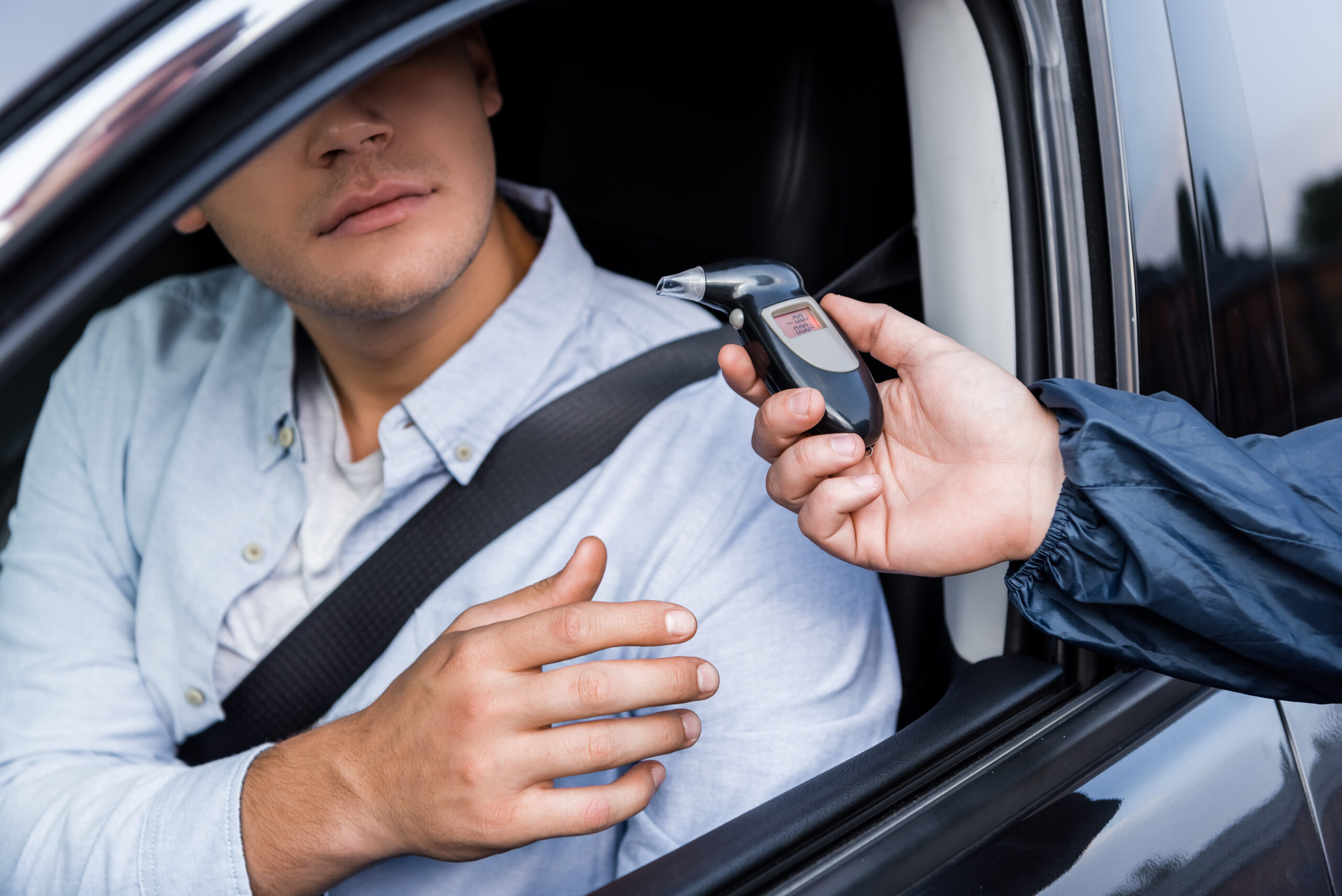Facing a driving while intoxicated (DWI) charge in New York can be daunting, but understanding that breathalyzer test results are not infallible in court can provide peace of mind. With the help of our skilled Suffolk County DWI Lawyers, effective strategies can be developed to challenge the reliability of these devices. Continue reading to learn more about how breathalyzers operate and the various methods for questioning their accuracy in chemical tests.
How Does a Breathalyzer Work?
Upon being stopped by an officer for a suspected DWI in New York, individuals are typically requested to undergo a breathalyzer test. This instrument assesses a person’s blood alcohol concentration (BAC) by quantifying the alcohol present in their system, employing either a chemical reaction or infrared light absorption, and subsequently correlating these measurements to a specific BAC level.
In New York, the legal limit for operators aged 21 and above is 0.08%. For commercial vehicle operators, a more stringent limit of 0.04% is enforced. A zero-tolerance policy is applied to operators under 21, indicating that any measurable amount of alcohol can result in a DWI charge. It’s important to note that even if one’s BAC falls below the established threshold, a DWI charge may still be levied if law enforcement observes signs of impairment and concludes that an individual is incapable of safely operating a vehicle.
What is the Process for Challenging a Breathalyzer Test in New York?
If you are facing a DWI charge based on a breathalyzer test and believe the result was inaccurate or the device defective, immediate action is crucial to safeguard your rights. Don’t delay in contacting a seasoned DWI attorney who can help challenge the breath test results, potentially leading to their exclusion or a reduction or dismissal of your charges.
Several factors can compromise the accuracy of a breathalyzer’s results. An attorney can investigate and challenge the test’s validity by focusing on the following areas:
- Calibration and Maintenance: If the device was not properly calibrated or maintained according to regulations, or has a history of malfunctions, its results may be suppressed.
- Officer Procedures: The officer administering the chemical test must be properly trained and follow specific protocols. Failure to do so can skew the test results and be grounds for questioning the evidence.
- Medical or Physiological Factors: Some medical conditions or even substances in the body can affect breathalyzer results. An attorney can present evidence of such factors to challenge the results.
- Environmental Factors: An attorney can investigate external conditions such as temperature, humidity, altitude, or even fumes from chemicals or certain paints that can influence the accuracy of BAC levels. They can highlight such influences as potential sources of error.
- Challenge the Initial Traffic Stop: In some cases, you may be able to argue that the officer lacked probable cause to stop your vehicle in the first place, rendering any evidence obtained, including breath test results, inadmissible in court.
A DWI charge carries harsh penalties, such as driver’s license suspension, fines, and potential jail time. An adept attorney from Castro & Trodden, LLC, can offer legal guidance, thoroughly examine your case, dispute breathalyzer readings, and engage in negotiations to lessen or drop the charges. Connect with our firm today to learn how we can fight for you.

